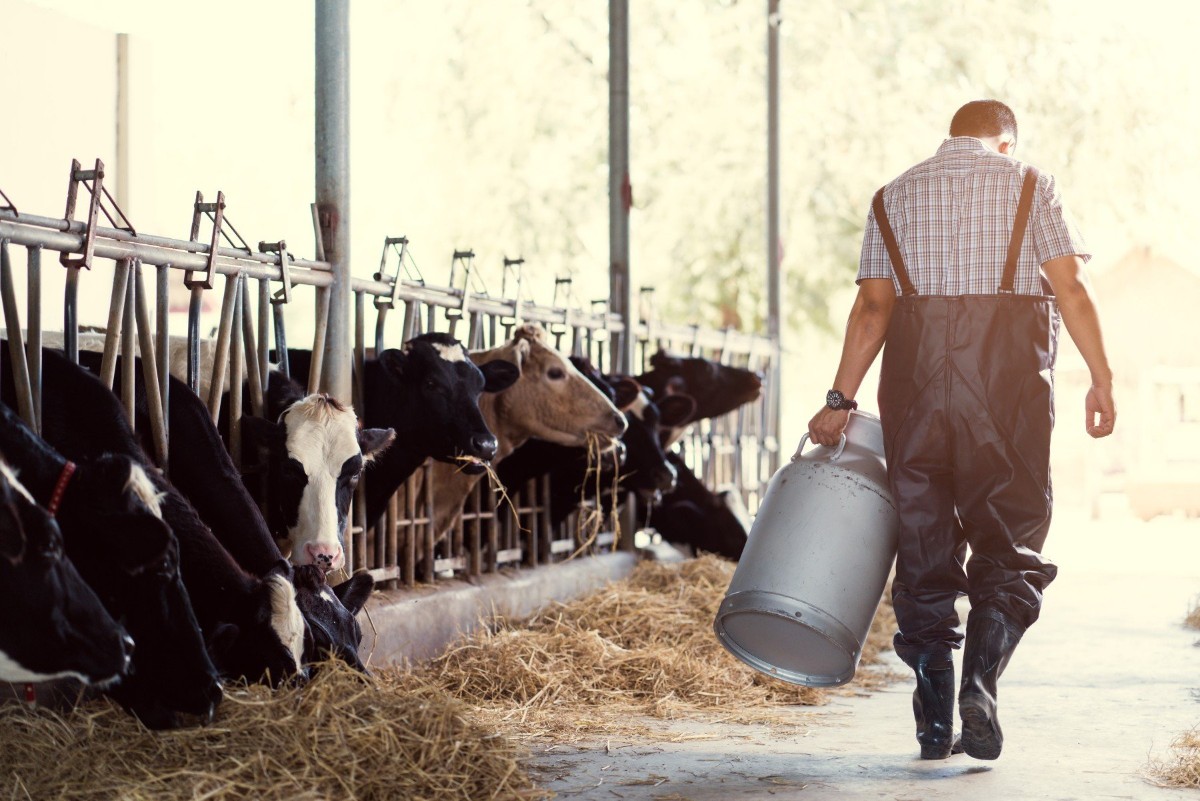
An extensive look at wastewater samples taken across the United States from May to July found traces of the H5N1 bird flu popping up — but only in areas populated by farm animals.
The avian flu virus has been widespread in U.S. poultry as well as herds of dairy cows, raising alarms that the virus might somehow mutate and spread between people.
The wastewater testing performed between May 12 and July 13 is reassuring, suggesting the virus is still centered on animals.
Nine of 41 states with wastewater detection of flu viruses in place showed sites with traces of the H5N1 virus present in samples, the CDC said.
However, “the nine states with H5 detections in wastewater included seven states with an HPAI A[H5N1]–infected herd reported during this period and one additional state with an infected herd reported before this period,” the agency reported Sept. 19 in its journal Morbidity and Mortality Weekly Report.
Those nine states are California, Colorado, Idaho, Iowa, Michigan, Minnesota, North Carolina, South Dakota and Texas.
So far, there have only been 14 reported cases of human infection with H5N1, typically triggering minor illness, with almost all occurring among people in close contact with infected animals, such as dairy workers.
In the new wastewater report, “two of these nine states [Colorado and Michigan] reported confirmed human cases of HPAI A(H5N1) virus infection during this time,” said the team led by Souci Louis, an investigator at the CDC’s Epidemic Intelligence Service.
“Follow-up investigations in many of these states revealed likely animal-related sources, including those related to milk processing,” the team concluded.
However, the researchers added that wastewater testing is not yet foolproof as to the source of virus, because “although influenza viruses can be detected in wastewater, current techniques cannot distinguish between human and animal sources.”
The same team also looked for signs of influenza A viruses as a whole (of which H5N1 is a subtype). Influenza A viruses are linked to seasonal human flu.
The report found that during the early summer, “11 sites in four states [California, Illinois, Kansas and Oregon] reported high levels of influenza A virus,” indicating regular flu was being passed around between people there.
“None of these four states reported H5 human influenza [bird flu] cases, nor did they report any confirmed cases in livestock herds or poultry within their sewer sheds or counties during this time,” Louis’ team noted.
More information
Find out more about H5N1 avian flu at the World Health Organization.
SOURCE: Morbidity and Mortality Weekly Report, Sept. 19, 2024
Source: HealthDay
Copyright © 2026 HealthDay. All rights reserved.

Leave a Reply